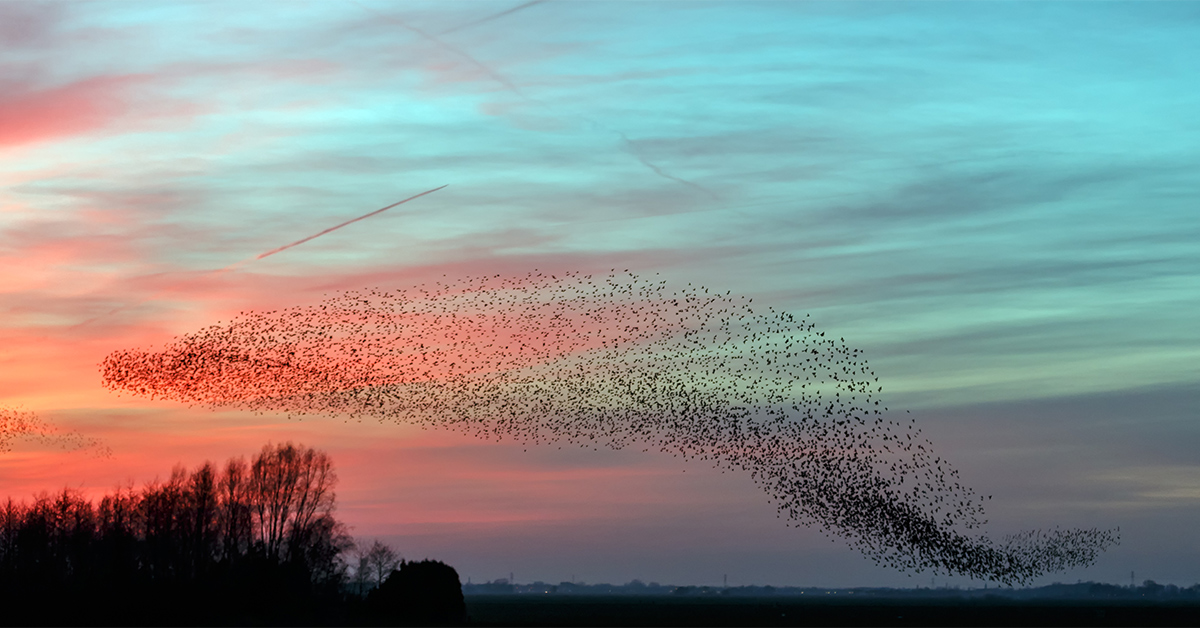A restless world requires a unique skill set than what we might be used to. One of those skills is the ability to spot patterns in a complex system. And yes, you can develop and hone that skill, like any other skill, with deliberate practice.
And this is an important distinction from the old way of consulting where the organization has to live up to someone else’s standards or checklists. Coaches who thrive in this world have a stronger sense of discovery. In interviews and workshops, I’m looking for patterns and how that presents the system. Standing in inquiry longer helps with better decisions on next wise actions.
One of my favorite stories to illustrate this example comes from Dr. Glenda Eoyang of HSD Institute. And it goes like this:
An agricultural institution had hired her to work with this team of general-purpose managers who were not getting along with each other. Their current jobs were not aligned with their schooling. And their unhealthy interactions were impeding work.
In a workshop setting, she asked them to list all the differences in the room. They talked about cars they drove, the sports team they like, married or single, etc. Folks found it lighthearted and were having a good time. Then one of them said, “We went to different campuses.” And the noise in the room dropped. Glenda realized that this was an important difference, so she asked about it. Most of the people in the room had gone to the state’s university. Some had gone to the Agricultural Business campus. While others had gone to the Agricultural Tech campus where they did farming and husbandry.
So, she invited them to split into groups in the room. Everyone who went to one campus on one side of the room, and the ones who went to the other campus on the other side of the room. Then she asked to share what they thought the other group said about them. The business folks said that they probably say that we are just fancy all-talk with no purpose or value. And more nasty things they knew the other side said about them. The farmhands said that the other group probably thinks of them as unwashed and uncultured. And unloaded more thoughts. In the middle of the naming of names, one of them said, “But if they didn’t do what they do, we couldn’t do what we do.” And that was the point at which they could settle into figuring out how to build on the contributions of both sides of the room and began to work like a team.
I love this story for many reasons, mainly because it resonates with my own experiences in coaching day-in and day-out. And that this is exactly how I influence and nurture positive change. And I believe that when we turn our judgement into curiosity, we can fresh ways to get unstuck and keep thriving.

2 replies on “Pattern Spotting Super Powers”
Love this story… feels like it could work well with the Three Amigos if struggling with achieving a cohesive unit amongst many other scenarios. Thank you for sharing.
Absolutely! The 3 amigos bring diverse value to the table. It’s important to see what holds them together, air out the differences, and focus on a future they can co-create.